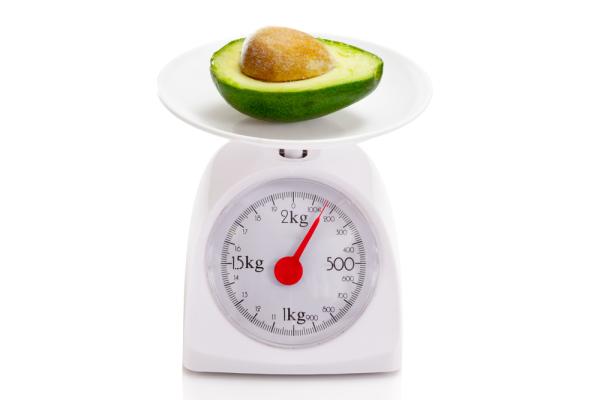As a professional nutritionist, I have been evaluating nutrition research for more years than I care to remember. This task involves perusing articles from multiple journals, keeping up with the latest governmental guidelines, and trying to make sense of often conflicting advice for consumers. To say nothing of investigating the often bogus claims of the latest fad diet or out-of-the-mainstream diet doctor. But now, I am forced to admit that, as expressed on the website 538, much of what we think we know about nutrition probably isn't so.
Let's be clear, I'm not talking about some tried and true nutrition information — yes, vitamin C does prevent/treat scurvy, and vitamin D does the same for rickets in kids. What I'm taking about is the research over the past couple of decades that purports to show links (and implies causation) between various diets or foods and diseases such as cancer, heart disease and diabetes. And this in turn has provided a fruitful area for bogus health claims and out-of-the mainstream doctors.
For years coffee was linked to pancreatic cancer, until it wasn't. And the high cholesterol content of egg yolks was seen as dangerous — until it wasn't. What accounts for these switches in expert positions? As Christie Aschwanden wrote in her article on 538, the basic problem lies in the difficulty of determining what people really eat — how much of what foods they consume.
There are several ways of achieving that goal, all of which rely on a person's memory of what they've consumed — either yesterday or over a longer period of time. The technique considered to be the most accurate is the 24-hour food diary, or a 24 hour food recall as elicited by a trained interviewer. But even knowing that you're writing down everything you eat can slant your choices. Then, there's the food frequency questionnaire. This instrument asks questions such as "how many times per week did you eat broccoli (or salmon, or sunflower seeds) over the last 6 months or year". Try as a person might to be honest, unless he or she has been scrupulous in writing down their intake, how accurate will their responses be? And, of course, there are bound to be seasonal variations which should be taken into account. An examination of the various ways to quantify food intake can be found here.
Such inaccuracies can easily account for the contradictions and confusions in linking diet and health. For example, the following foods have been linked, with various degrees of confidence, to both increasing and decreasing the risk of cancer:
- beef
- salt
- coffee
- tomatoes
- cheese
- corn
- milk
A typical means of examining such putative links is the epidemiological cohort study, in which people give investigators information on their food intake. The individuals are followed for various periods to see if they acquire the disease or diseases of interest. Such studies have resulted in, for example, the observation that beta-carotene was associated with a decreased risk of lung cancer in smokers. Note that to a scientist, "associated with" does not equal "causes". Yet that's how the results played in the media. Until a later study that was done properly - by providing beta-carotene to half of study participants and a placebo to the other half - found that not only were those supplements not protective, they seemed to cause a slight increase in risk of lung cancer.
Of course, this type of clinical trial isn't suited to most nutritional research. Simply altering intake of one food or another doesn't take into account the rest of the diet, and again, accurate quantities are hard to come by. A well-controlled study of intake on a metabolic ward (a hospital or clinic where participants in a study might live or get all their foods), for example, involves actually weighing the foods, whose composition has been scientifically determined, given to participants. Any foods a person doesn't eat are weighed again, and the amount actually consumed can be determined by the difference. Obviously, this isn't conducive to learning what free-living people really eat.
Unless and until we develop solid means of determining what people really eat, I'm afraid we're bound to continue to find contradictions in nutrition research.




